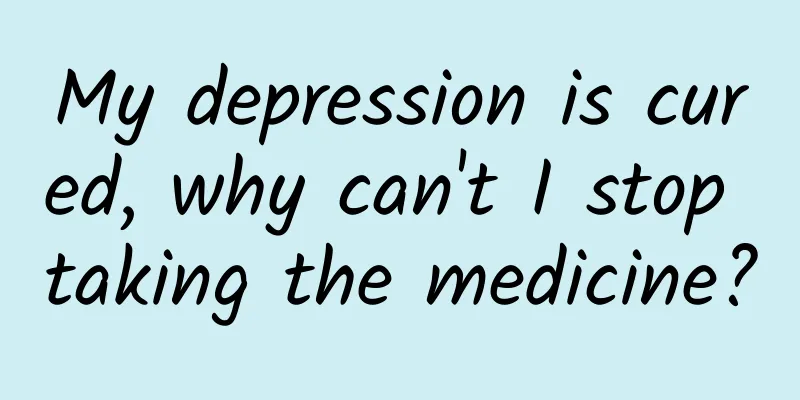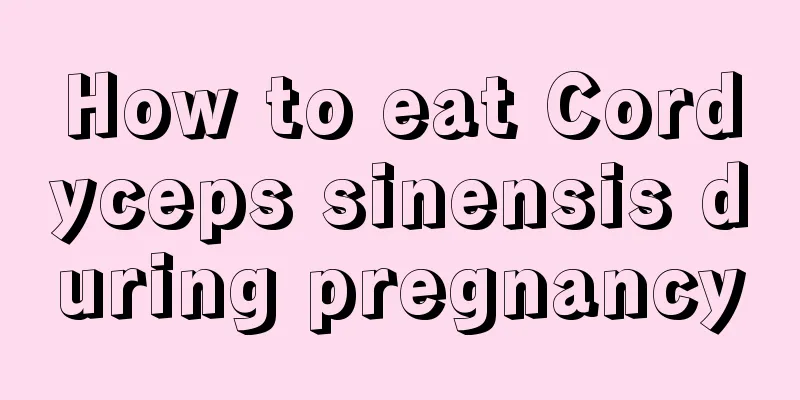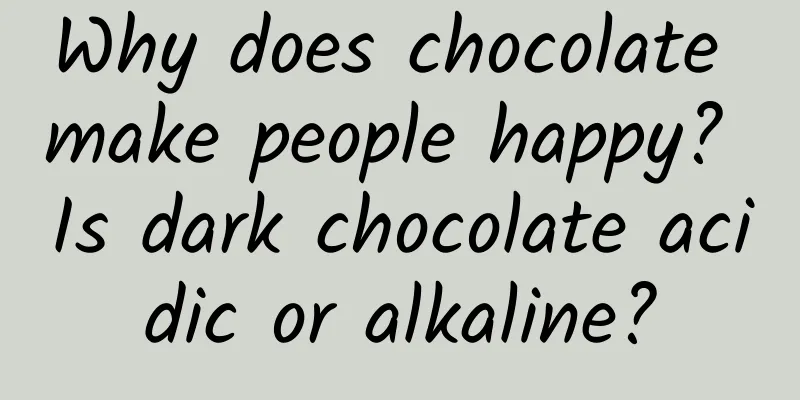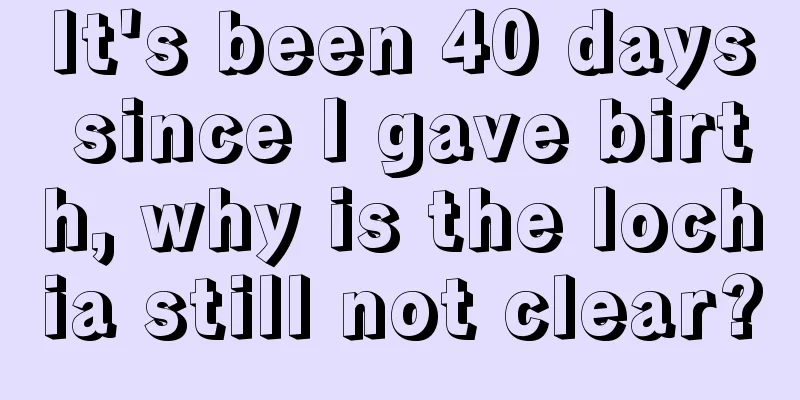My depression is cured, why can't I stop taking the medicine?

|
This is the 4832nd article of Da Yi Xiao Hu Seven months ago, Mr. Li had a bad mood, sometimes sighed, had no interest in doing things, did not want to go to work, did not want to go out, liked to lie at home, did not like to socialize, ate less than before, had poor sleep at night, went to the hospital for treatment, and was diagnosed with "depressive disorder". He was prescribed medication for treatment, and felt almost better after taking the medication. So last time when his family asked if he could stop taking the medication, the doctor said that he could not stop taking the medication at the moment. Mr. Li couldn't understand why he couldn't stop taking the medicine when he was almost recovered. Did they want him to take medicine for the rest of his life? So he came to the hospital for consultation. What is the duration of medication treatment for antidepressants? Antidepressant treatment requires adequate doses and a full course of treatment. The drug dosage must be within the effective therapeutic dose range. Too low or too high a dose is not advisable. The full course of treatment for depression can be divided into: ① Acute treatment, which takes 6 to 8 weeks; ② Consolidation treatment, after the symptoms are relieved, in order to prevent the recurrence of the disease, at least 4 to 6 months of consolidation treatment is required. In principle, the drugs that are effective in the acute phase of treatment continue to be used, and the treatment dose remains unchanged; ③ Maintenance treatment, used to prevent the recurrence of the disease. Why maintenance treatment? Depression is a highly recurrent disease, so maintenance treatment is required to prevent relapse. After maintenance treatment, the condition is stable and the medication can be slowly reduced until treatment is terminated, but early signs of relapse should be closely monitored. There are different opinions on the duration of maintenance treatment. Most opinions believe that maintenance treatment for a single depressive episode is 6 to 8 months; maintenance treatment should be given for those who have had more than 2 relapses, especially 2 relapses in the past 5 years. Maintenance treatment should be considered for adolescents with onset, accompanied by psychotic symptoms, severe illness, high risk of suicide, and a genetic family history. The duration of maintenance has not been fully studied, but it is generally at least 2 to 3 years. Long-term maintenance treatment is recommended for those with multiple relapses. What to note? Patients are generally advised not to end treatment before holidays, major events, or stressful events. When stopping drug treatment, the dosage needs to be gradually reduced over a few weeks to minimize the possibility of withdrawal reactions. Patients are advised not to stop medication suddenly and to carry medication with them when traveling or going out. When reducing or discontinuing antidepressants, slowly reducing the dosage or switching to antidepressants with a long half-life may reduce the risk of withdrawal syndrome. Before stopping treatment, doctors should inform patients of the potential risk of recurrence of depressive symptoms and a plan to seek treatment after identifying recurrence. The highest probability of recurrence is within 2 months after the end of treatment. After stopping the medication, patients should still be monitored and followed up for several months. If symptoms recur, patients should receive a full course of acute treatment again. In order to improve or avoid depressive episodes, maintenance treatment is required, regular outpatient check-ups are required, and the dosage of medication should be adjusted in a timely manner according to changes in the condition. Do not reduce or stop medication on your own. Stopping medication must be done under the guidance of a doctor. References: 1. Standardized Manual of Medication for Depression, edited by Liu Shanshan, People's Medical Publishing House, 2017. 2. "Guidelines for the Prevention and Treatment of Depression in China, Second Edition", edited by Li Lingjiang and Ma Xin, Chinese Medical Electronic Audio-visual Publishing House, 2015. Author: Shanghai Fengxian District Mental Health Center Psychiatry Department Attending Physician Wang Chunlian Wang Jinde Attending Physician |
<<: World Tuberculosis Day: How to win the battle against tuberculosis?
>>: How can long-term drivers prevent lumbar disc herniation?
Recommend
Don't always use the same oil for cooking! Choose cooking oil based on these two points. Many people make mistakes.
When cooking at home, oil is of course indispensa...
Kidney health crisis in the elderly: How to protect kidneys scientifically?
As we age, the functions of various organs in the...
Can pregnant women take Banlangen Granules?
Isatis root is a very good Chinese medicinal mate...
The cervix is a little eroded
Cervical erosion is one of the common symptoms of...
Vaginal itching and yellow discharge
Recently, some female friends often have the symp...
What causes vaginal gas after childbirth?
Vaginal flatus after childbirth is generally call...
What should I do if I have vulvar itching after induced abortion? These methods make you more comfortable
There are many reasons for vulvar itching. For ex...
Wash your hands with cold water during confinement in summer
We all know that pregnant women will go through t...
This type of cancer is called "cancer that is not cancer", and three high-risk groups must be vigilant!
NO. 1 Pulmonary fibrosis is irreversible and is c...
Does pregnancy usually cause acne?
Many pregnant women feel happy but also a little ...
Can I drink honey water during confinement?
To say that honey is an essence, both experts and...
What is the cause of fishy smell of tofu dregs leucorrhea
Leucorrhea is a normal phenomenon and has no adve...
[Medical Q&A] Are those “astigmatism recovery training videos” on the Internet reliable?
Author: Wang Mengyu: The Sixth People's Hospi...
What are the dangers of girls masturbating frequently?
Female masturbation is no longer a topic for disc...
Juniper Research predicts video traffic on smartphones will increase nearly eightfold between 2014 and 2019
Juniper Research predicts that by 2019, mobile da...









